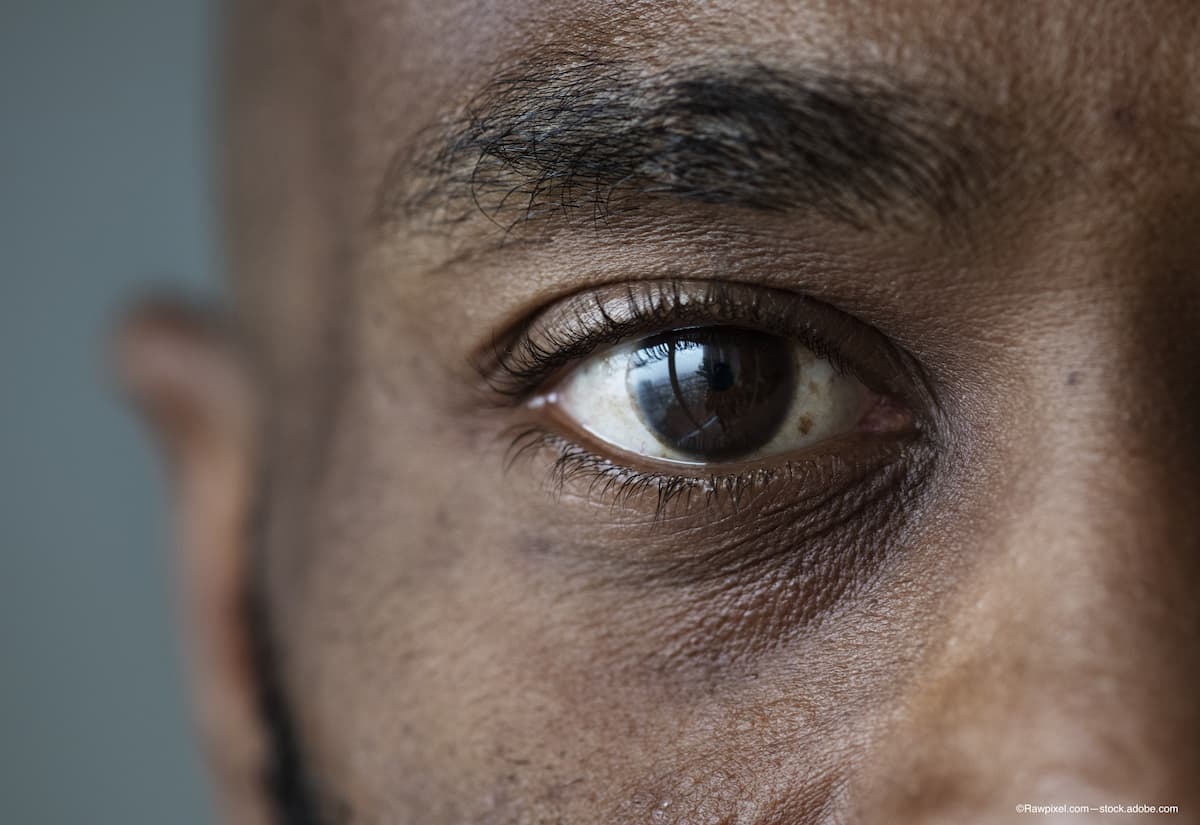Evolve is set to launch a groundbreaking project to improve the quality of healthcare for thousands of people in Africa. It was selected as a preferred partner by the State of the African Diaspora (SOAD).
The highly-regarded projects include ophthalmology centres, healthcare centres of excellence in various areas, as well as scientific state-of-the-art laboratories for the members of the African diaspora.
Visual impairment is a significant health problem in many parts of Africa.
The major eye conditions include cataracts, uncorrected refractive errors, glaucoma, age-related macular degeneration, corneal opacities, diabetic retinopathy, trachoma and onchocerciasis.
With today’s knowledge and technology, up to 80% of blindness is preventable and treatable. Cost-effective interventions are available for the major causes of avoidable blindness. However, millions of people in Africa remain at risk of visual loss due to the lack of eye-care services.
Approximately 26.3 million people in the African Region have a form of visual impairment. Of these, 20.4 million have low vision and 5.9 million are estimated to be blind. It is estimated that 15.3% of the world’s blind population reside in Africa.
Evidence indicates that the magnitude of avoidable blindness caused by communicable diseases like trachoma and onchocerciasis (river blindness) and ophthalmological complications in measles is decreasing, whereas noncommunicable age-related eye conditions (e.g. cataract, glaucoma and diabetic retinopathy) are increasing.
The control of river blindness through the Onchocerciasis Control Programme has resulted in halting the transmission of disease-causing parasites in 11 West African countries and the prevention of 600 000 cases of blindness.
The use of immunization and vitamin A supplementation in vulnerable populations has been found to be effective in reducing the risk of blindness.
‘Many patients are dying blind’
Cataracts – a clouding of the eye lens – are easily treated with surgery. Yet it remains the leading cause of blindness in low and middle-income countries. In total, the World Health Organization (WHO) estimates that 2.2 billion people have impaired vision and, for at least 1 billion of these, it could be prevented or treated. In many countries, only one public hospital offers the routine operation.
“Many patients are dying blind while on the waiting list,” says Dr Jonathan Pons, who runs an eye clinic in Eswatini.
Despite having an eye-surgery theatre, a neighbouring hospital does not have a regular ophthalmologist. Helped by volunteer health workers and local nurses, Pons operates on almost 100 people on his four-day visits. Not everyone will have their sight restored.
“Today we had a patient, Johannes,” says Pons. “A healthcare practitioner sent him to the hospital for the surgery which was going to cure everything, who thought this would be the answer. But when I examined him, he didn’t have a cataract. There are other causes of blindness. Especially in young people, young Africans, we have a very high incidence of severe glaucoma, much higher than in other parts of the world.”
Having good eyesight is crucial for navigating the world around you. Some vision issues are easily rectified, while others may lack a cure. Nonetheless, early detection and intervention can often correct or slow the progression of many eye diseases, minimizing potential vision loss.
If you observe any alterations in your vision, it is advisable to consult with your eye care professional. Regular eye clinic check-ins are essential, even without noticeable changes, as some vision problems may not exhibit early warning signs. Your eye doctor can conduct necessary tests, prescribe eyewear or medications, and, if required, perform surgery to mitigate or prevent vision loss to get optimal vision clarity.
More inspiration for you
We champion science potential so the people, businesses and communities we serve can thrive
We’re here to support you
Evolve offers a comprehensive range of scientific products and services, from supplying the latest microscopes to award-winning lab design and the turnkey installation of medical cannabis facilities.
Our work is shaped to suit you and your needs whether you work in pharmaceutical manufacturing, healthcare, semiconductor production, agriculture, medical cannabis, food science, police forensics, environmental monitoring, education or any other industry that requires scientific help.


